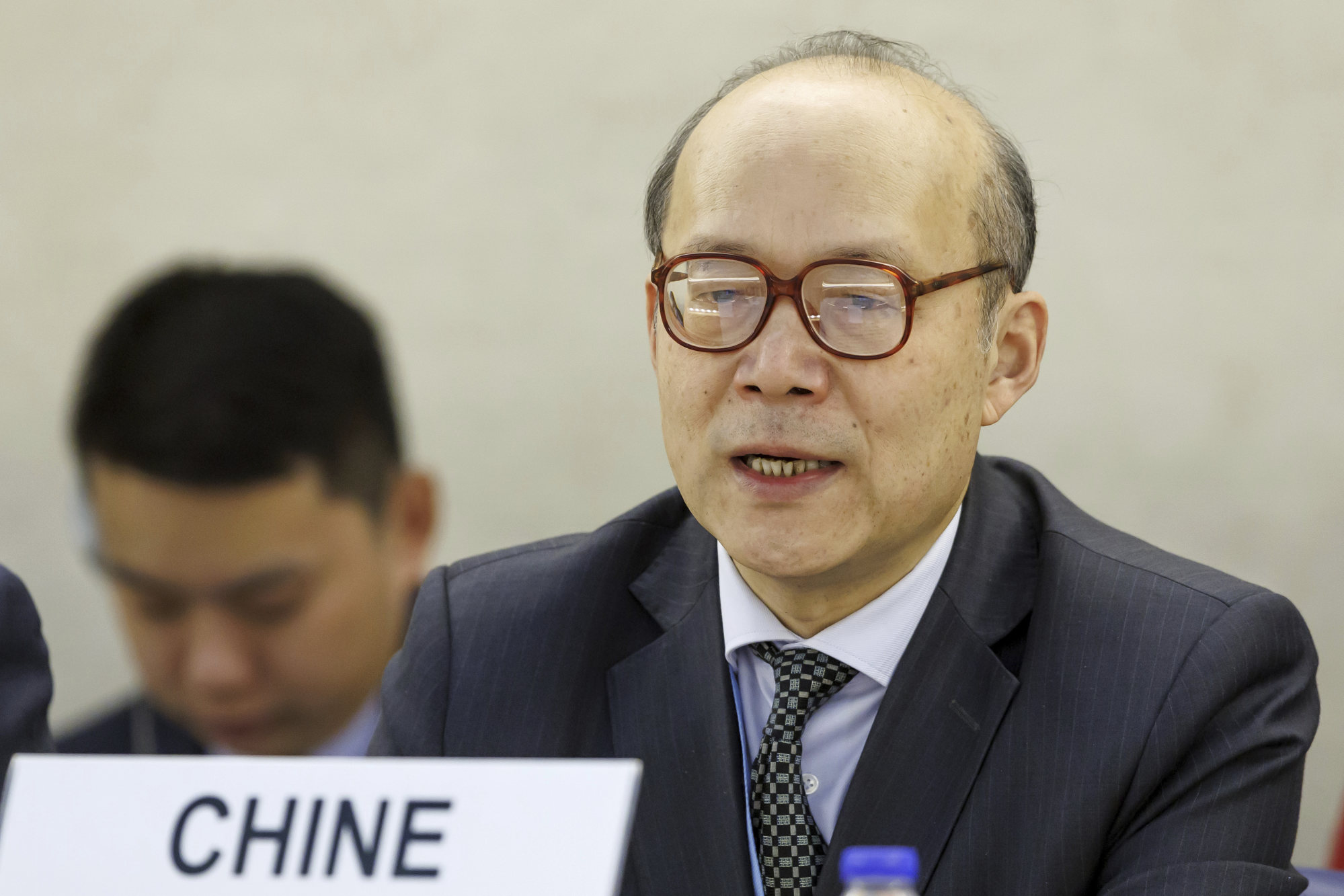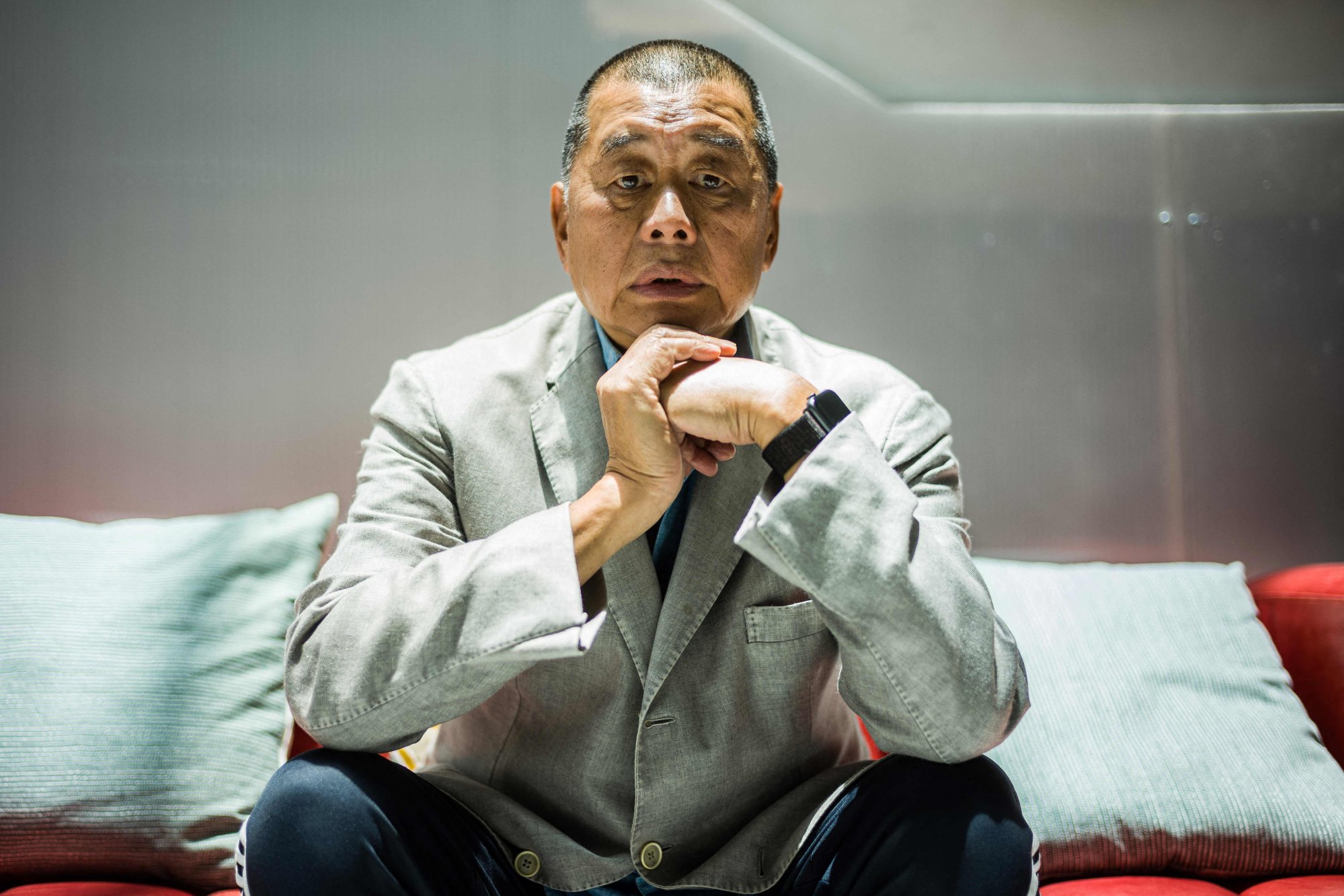Each UN member state undergoes a peer review of its rights record roughly every 5 years, conducted under the auspices of the UN’s Human Rights Council. This universal periodic review (UPR) was China’s first since 2018, with the country’s rights record becoming a major Western news story in the intervening period, alongside a soaring superpower rivalry with the United States.

The review embodied a schism over global geopolitics which has deepened at the UN in recent years, amid fierce and divisive conflicts in Ukraine and the Middle East, and suggests that China’s outreach efforts to the developing world are bearing fruit.
“We regret to note a few countries grossly accused and smeared China based not on facts, but on ideological bias and unfounded rumours and lies,” Chen Xu, Beijing’s envoy to the UN in Geneva, said after the review, which ran more than three hours, concluded.
Earlier in the day, a foreign ministry spokesman batted away questions concerning a Reuters report that said China had prepared speaking notes for some non-Western countries.
As it was, more than 50 nations raised concerns on issues ranging from LGBTQ rights to the jailing of human rights defenders. Critics, including the US, crammed more than half a dozen condemnations and recommendations into 45-second speaking slots; 163 countries took the floor, in some cases abandoning formal niceties to squeeze in as many points as possible.
National security law put city ‘back on track’, Hong Kong No 2 official tells UN
National security law put city ‘back on track’, Hong Kong No 2 official tells UN
“We condemn the ongoing genocide and crimes against humanity in Xinjiang and transnational repression to silence individuals abroad,” said US envoy Michèle Taylor, in a breathless intervention that also called for China to repeal “vague national security counter-espionage, counterterrorism and sedition laws, including the national security law in Hong Kong”.
The European Union’s united front on China’s human rights record was breached by Hungary, Beijing’s closest partner within the bloc, which said the review “shouldn’t be used for instrumentalisation of human rights issues.”
“Hungary is pleased China has ratified or acceded to several human rights instruments since its last UPR. We appreciate the government’s efforts to uphold the US-centred international system,” Budapest’s envoy said.
By comparison, Germany remained “highly concerned about serious human rights violations, especially Xinjiang and Tibet”. Austria urged China to “cease destruction of Uygur cultural heritage” and to catalogue what “demolition or damaging of religious sites” or “Uygur, Kazakh or Kyrgyz Unesco-listed cultural items” had already taken place.

Emerging powers were more balanced in their statements. India’s envoy took note of “the progress made by China” since its last review and made only soft recommendations, including for Beijing to “continue to play a constructive role in the realisation of aspirations of developing countries”.
Indonesia asked Beijing to “strengthen the protection of freedom of religion or belief for all people”, without elaborating. Mexico and Argentina urged China to be more open with UN inspectors and eliminate “repressive restrictions” on NGOs.
Perhaps reflecting the geopolitical divisions at play, Israel condemned China for its treatment of ethnic Muslims in Xinjiang while the Palestinian envoy, along with other majority Muslim countries in the Middle East, did not.
Dolkun Isa, president of the World Uygur Congress rights group, said it was “shameful to see Muslim countries applaud China for their ongoing development efforts without a mention of religious and cultural persecution of Uygurs”.
Despite its close ties with the EU and the US, Ukraine was taciturn in its remarks. Perhaps mindful of China’s potentially influence over Russia, Kyiv has not voted with the West on UN resolutions over Xinjiang.
China, the only permanent Asian member of the UNSC, wants it to stay that way
China, the only permanent Asian member of the UNSC, wants it to stay that way
“We commend China’s commitment to the promotion of humanity’s common values which embrace universal and inalienable human rights,” the Ukrainian envoy said, recommending that Beijing “strengthen democracy” and “expand people’s participation in political affairs”.
Russia praised China’s “impressive progress in the field of social economic development”, which helps it “effectively uphold human rights”.
In contrast to the Western calls for a policy shift on Xinjiang, Moscow called on Beijing to “consistently improve the understanding and capacity of citizens to use standard and spoken and written Chinese” in the region.
Rights groups hailed an uptick in support for their causes. There was a twofold “rise in governments raising Tibet … since China’s last UPR in 2018 and almost five-fold since China’s first UPR in 2009”, according to the International Tibet Network.
The UN’s UPR Working Group, comprising Albania, Malawi and the United Arab Emirates, is scheduled to adopt recommendations made to China by other countries on Friday.

